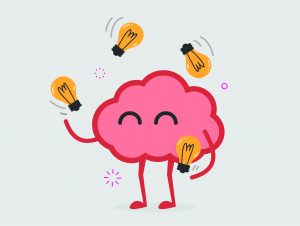How Sleep Affects Your Life
World Sleep Day takes place on Friday, March 16, 2018 and is an annual event to raise awareness of sleep disorders. Most sleep disorders are preventable or treatable, yet less than one-third of sufferers seek professional help. Sleep problems constitute a global epidemic that threatens health and quality of life. Scientists from Oxford University claim we are getting about 25 percent less sleep than we did sixty years ago. Want to know how damaging this can be?
brain

After several sleepless nights, the health impact becomes more serious. When you sleep, among many other things, you detoxify your neurotransmitters – helping your brain function and balancing hormones. Researchers believe that sleep is also the time when you clear out the protein beta-amyloid, which accumulates in the brains of Alzheimer’s patients.
weight

Sleep is essential to regulating our metabolic system. Sleep deprivation can cause cravings for carbs to make up for the lost energy. Not only that, but lack of sleep also produces more of a hormone called ghrelin. This makes you feel continuously hungry and you end up eating excessively.
moods

When you are not getting enough sleep you may feel cranky and tired the next day. When you sleep you make cortisol and sleep deprivation results in a deficiency of healthy cortisol that gets you through the day. In the workplace, prolonged sleep deprivation can affect work performance, with a change in character and a drop in the quality of work.
exercise

Exercising too late in the day can stimulate rather than relax you. Avoid strenuous exercise if it’s within 3 hours of going to bed.
stress

Stress can impact your life in many ways, including negatively affecting the quality of your sleep. On top of that, the more exhausted you feel, the less you’re able to focus at work and at home, leading to even more stress.
genetics

Sleep is an important epigenetic factor – meaning that it can alter your gene expression, in other words, turning genes “on” or “off”. Sleep affects the expression of over 700 genes (that we know of). Some of the genes that are affected regulate the immune system and a lack of sleep may result in certain “unfavourable” genes being activated and the “beneficial” ones silenced.
Do you suspect that you are not sleeping well?
Why don’t you try our sleep questionnaire. Just click here to take our FREE sleep test. And remember, you can do it as often as you like!
